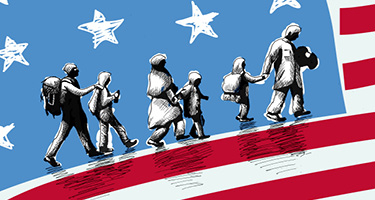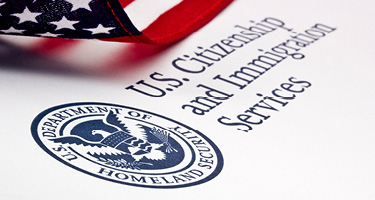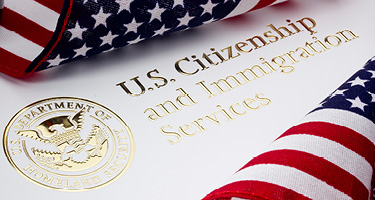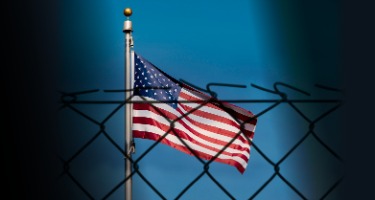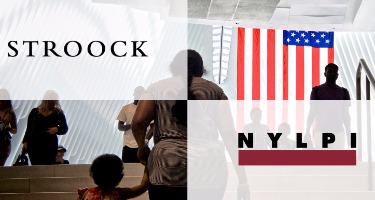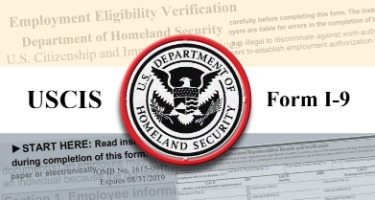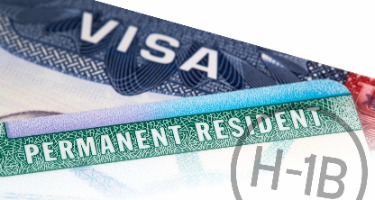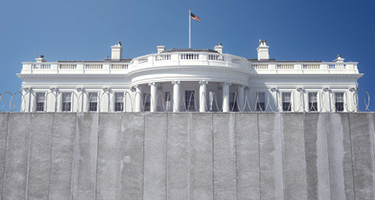Can states refuse to settle refugees within their borders once the federal government has granted them entry into the U.S.? The Refugee Act of 1980 gave the president the power to admit refugees facing “persecution or a well-founded fear of persecution on account of race, religion, nationality, membership in a particular social group, or political opinion.” Some states, cities, and counties have since deemed themselves “sanctuary jurisdictions,” declaring that they won’t cooperate with federal efforts to enforce immigration law by removing aliens with no legal right to live there.
Connecticut is one such sanctuary jurisdiction, having enacted a law “to allow in-state tuition benefits for certain unauthorized immigrant students,” according to the National Conference of State Legislatures. The Nutmeg State has also passed a law that provides “driver’s licenses to applicants who submit a valid foreign passport or consular identification and proof of residency regardless of legal presence in the U.S.”
We spoke with two Best Lawyers-recognized attorneys in Connecticut to get their thoughts on the current state of immigration and refugee law.
Kara A. Hart
Law Office of Kara Hart
Recognized for Immigration Law Since 2010
What sort of impact have these new regulations had on your practice?
Immigration attorneys in Connecticut try to bridge the divide between state and federal law by helping legislators understand the consequences that state laws can have on immigrants in our communities. Without this communication, state legislators may pass a law to solve one problem and unwittingly create new ones.
How can immigration lawyers contribute to policy reforms?
In several ways. For example, we can educate the public about how U.S. immigration laws actually work. I’ve found that most people are shocked to learn how few options exist to obtain lawful immigration status, and how harsh the consequences can be for violating U.S. immigration laws. Immigration attorneys can also communicate with both state and federal lawmakers to advocate for humane immigration policies. It’s critical to show how seemingly dry administrative rules can have a devastating impact on individuals and their families.
Andrew L. Wizner
Partner at Leete, Kosto & Wizner, LLP
Recognized for Immigration Law Since 2005
Can you explain the new H-1B visa registration rule and talk about how it will affect your practice?
This year, for the first time, U.S. Citizenship and Immigration Services (USCIS) is requiring employers to submit online an H-1B registration in order to qualify to file a new H-1B petition.
The H-1B registration is effectively a lottery ticket. Our firm and our clients face a new web-based system that USCIS has never tested in high-demand events. We’ve spent considerable time learning the new system and counseling clients regarding backup plans in case the new system becomes inoperable, which USCIS has acknowledged is a possibility.
In the future, the new system may result in our firm filing fewer petition packages than before, because USCIS will only accept H-1B petitions from lottery winners. I anticipate some measure of financial impact for our firm and clients due to a potential reduction in petition filings along with the new layer of processing associated with the registration requirement.
What is the much-discussed “public-charge rule,” and how will it affect immigration law?
The law has historically required immigrants to overcome a ground of inadmissibility by showing they are not likely to become primarily dependent on the government for support. The new public-charge rule has dramatically changed how applicants for immigrant and nonimmigrant visas may prove that they will not become a “public charge.” I anticipate that the new rule will require many hours of our firm’s time to counsel clients and prepare the new form. It will create a morass of new paperwork, new grounds for USCIS to issue requests for evidence, and a series of applicant representations to be reviewed once again when the time comes to apply for naturalization.



